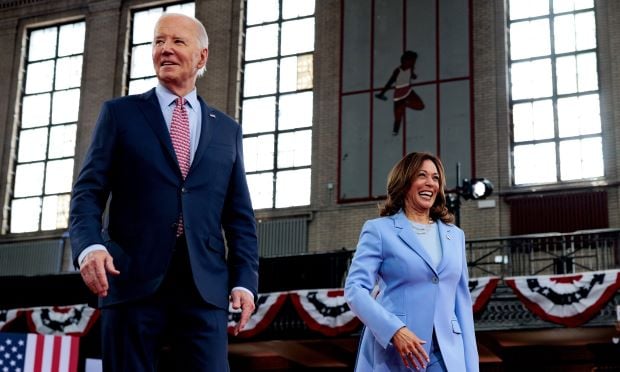When Ronald Ballerini was offered access to a group legalbenefit through his employer, he was convinced of its value justafter reading the brochure.
The firefighter and paramedic, who's employed by the SouthfieldFire Department in Southfield, Mich., was thinking of doing someestate and trust planning. He also thought it might come in handyif he needed help with some mortgage financing and documentreview.
Continue Reading for Free
Register and gain access to:
- Breaking benefits news and analysis, on-site and via our newsletters and custom alerts
- Educational webcasts, white papers, and ebooks from industry thought leaders
- Critical converage of the property casualty insurance and financial advisory markets on our other ALM sites, PropertyCasualty360 and ThinkAdvisor
Already have an account? Sign In Now
© 2024 ALM Global, LLC, All Rights Reserved. Request academic re-use from www.copyright.com. All other uses, submit a request to [email protected]. For more information visit Asset & Logo Licensing.








